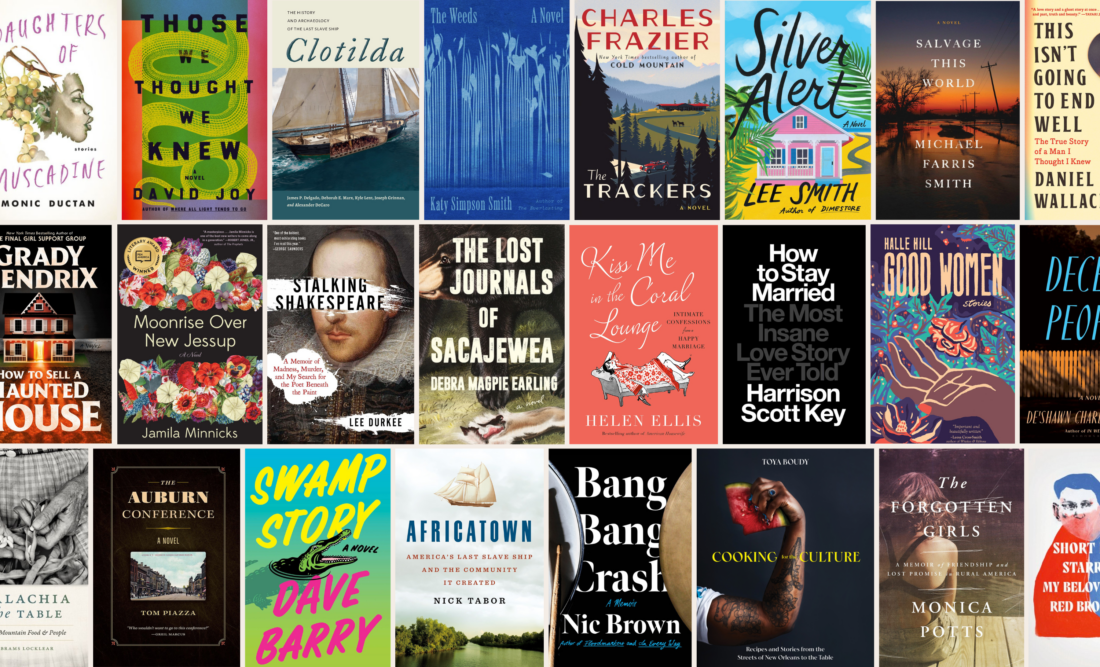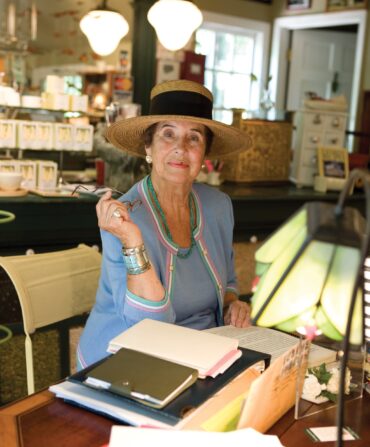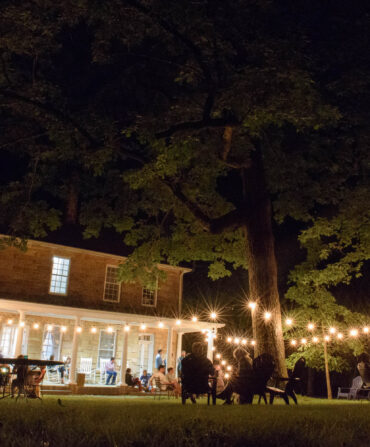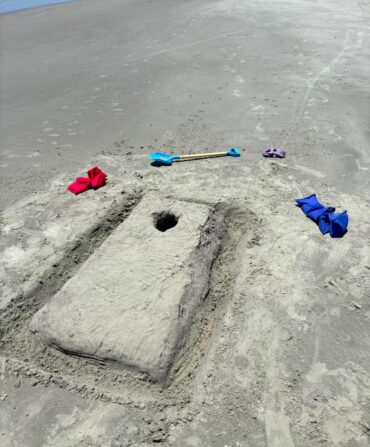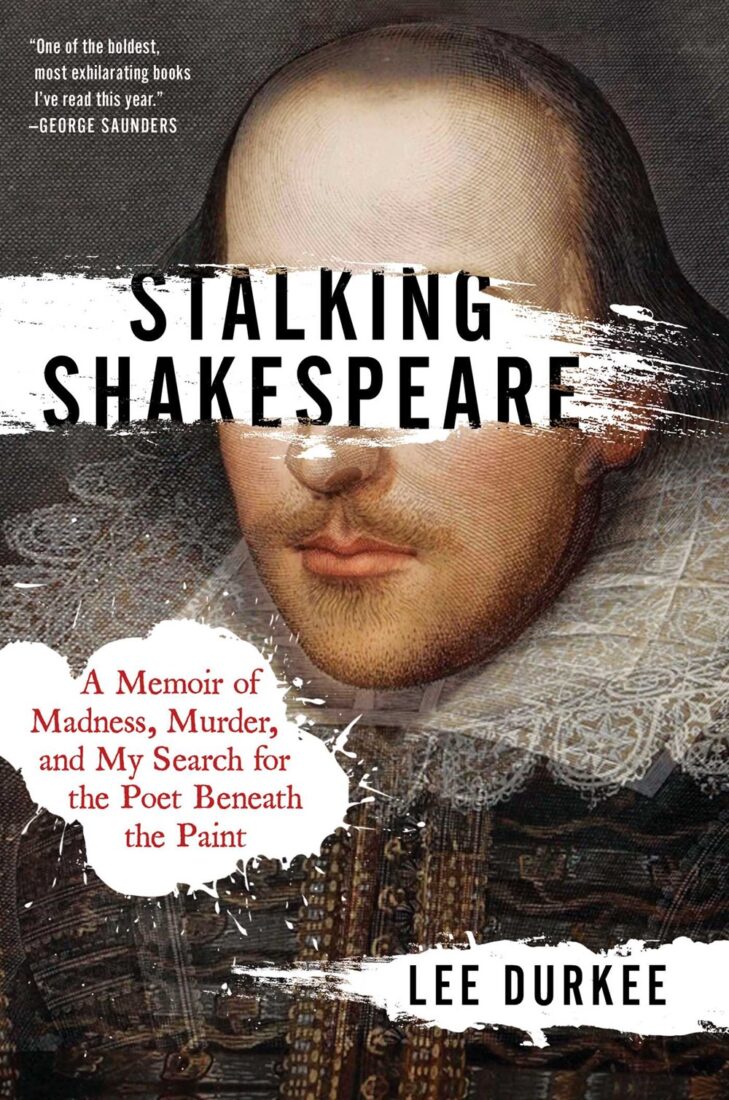
Stalking Shakespeare, by Lee Durkee
When I turned eleven, my parents gave me a membership to the iconic M J Library in Ahmedabad and two rupees to cover my bus fare and a snack that they knew I would need after spending a couple hours there. I have been reading ever since. It helps that I am surrounded by friends and family who read as well and are constantly sending each other recommendations and reviews of things they are reading. Of late however, I have allowed myself to become ill-read. Given that I live in Oxford, Mississippi, the literary capital of America, this is rather distressing and frankly unacceptable. I plan to remedy this by diving into Lee Durkee’s latest book, Stalking Shakespeare. I love the premise of this novel, Lee is a local, and I have already received two emails and a phone call from my ninety-year-old Dad in India, wondering if I have acquired the book yet. Well, I am off to Square Books. I can hopefully get Lee to personalize it and read it before the daffodils start popping their pretty heads out of the ground. —Vishwesh Bhatt, chef and author


Let Us Descend, by Jesmyn Ward
It won’t be an easy read, but I look forward to reading Let Us Descend by Jesmyn Ward, which comes out in October. It’s her first novel after going through a harrowing life-altering loss and is the story of an enslaved teenage girl. —Jessica B. Harris, contributing editor
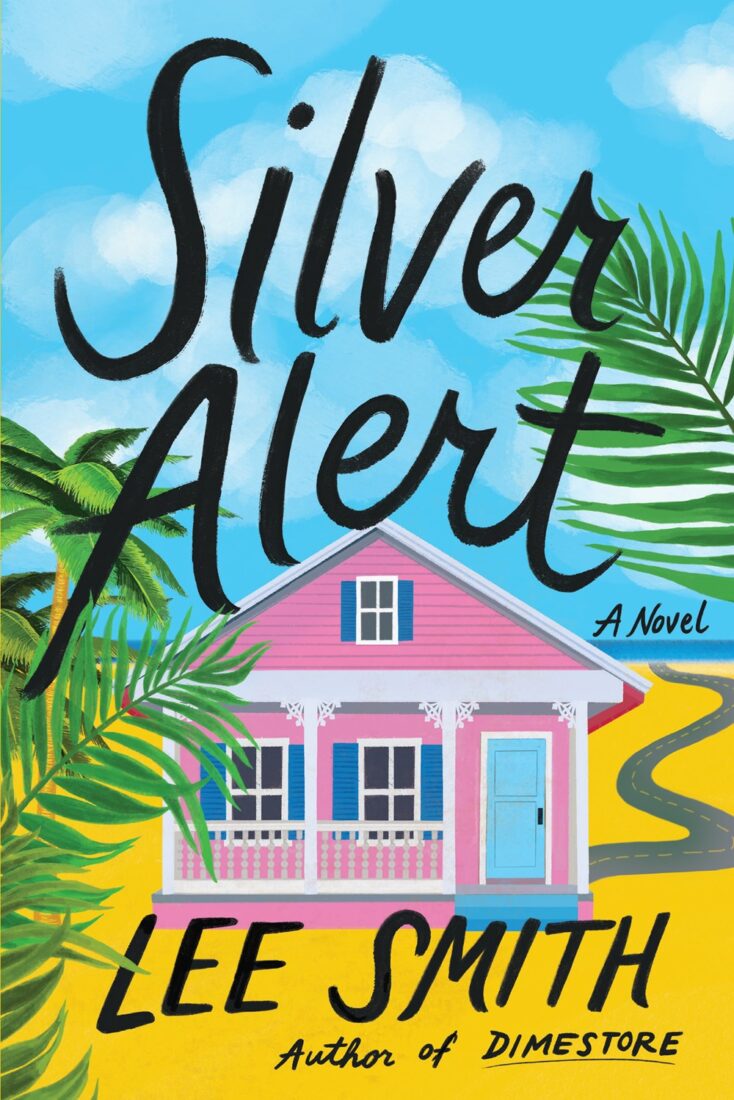
Silver Alert, by Lee Smith
Silver Alert is classic Lee Smith: laugh-out-loud funny and deeply moving, full of endearing, complex characters who become real people to the reader. This story of an elderly man who takes “one last joy ride” in his Porsche—with a young, mysterious manicurist aboard—is a lovely, raucous look at life in Key West, growing old, and unlikely friendships. —Silas House, author and contributor
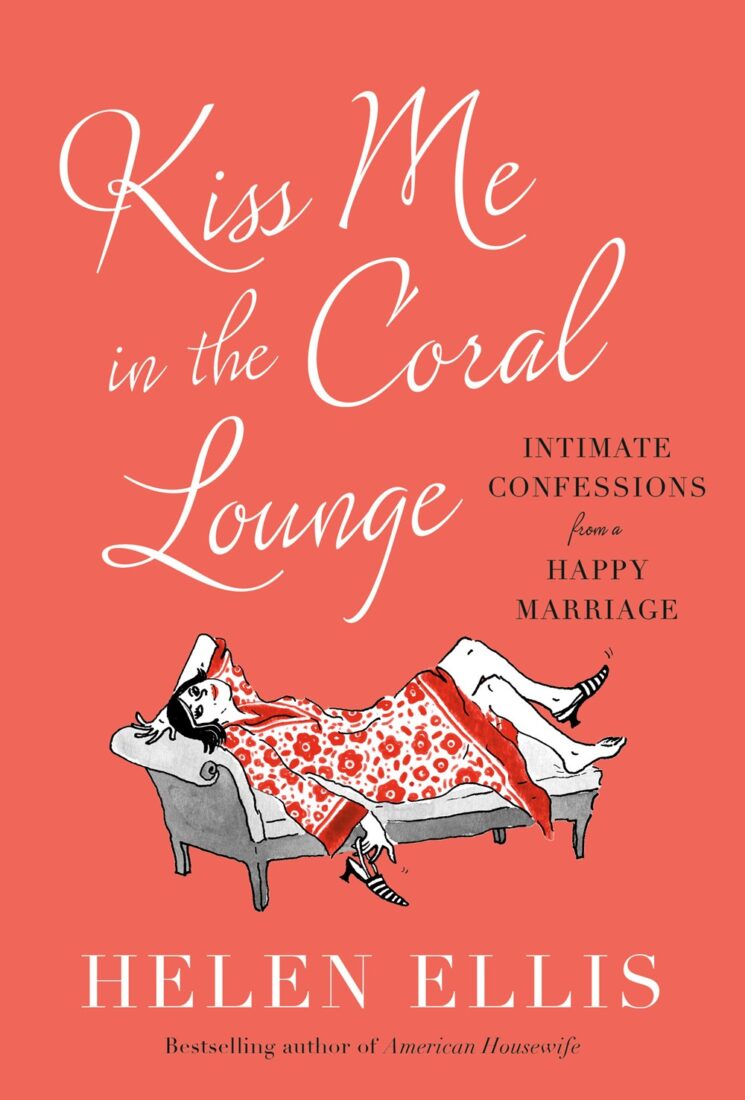
Kiss Me in the Coral Lounge, by Helen Ellis
Few writers delight me like Helen Ellis does, so I can’t wait for this June’s Coral Lounge, for which she turns her gimlet eye on marriage. When reading her essays—whether for G&G, or in her previous collections Southern Lady Code and Bring Your Baggage and Don’t Pack Light—I inevitably end up texting my best friends the lines that make me literally LOL. (In Baggage, that included a Panama City Beach waterpark-goer telling Ellis she should ride a ride only “if you want to taste the crotch of your own bathing suit.”) —Amanda Heckert, executive editor
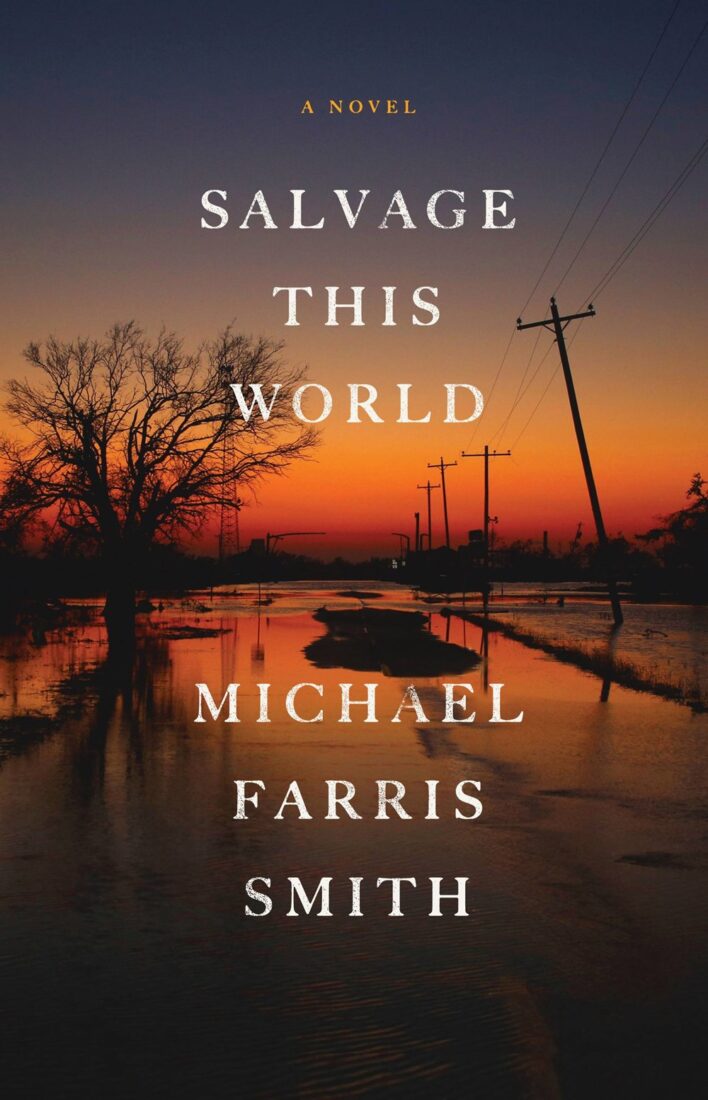
Salvage This World, by Michael Farris Smith
In the rearview, this moment will look mythical: Forty or so writers now live and work in and around the college town of Oxford. None are better at exploring the dark terrains of Mississippi than Michael Farris Smith, who will soon pull off his own miracle. The film Rumble Through the Dark, which stars Aaron Eckhart and for which he wrote a screenplay based on his novel The Fighter, releases in theaters April 14. Salvage This World, his latest novel, publishes eleven days later. It’s a storm-tossed and demagogue-haunted book, set in a land of strip malls and thrift stores, in which a mother and child struggle to make their way through the literal and metaphorical dark. —John T. Edge, contributing editor
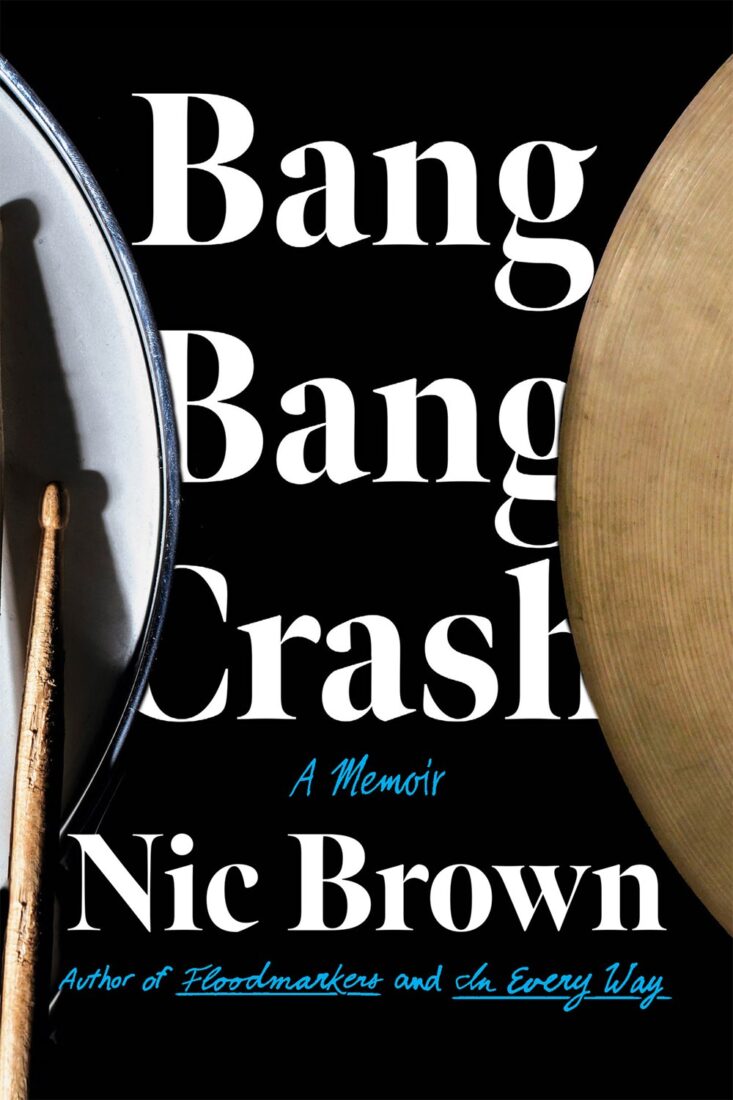
Bang Bang Crash, by Nic Brown
I’m naturally fond of Nic because he wrote that ridiculously flattering piece about me for you all. Even if that weren’t true, I would want to read it because I’m fascinated by the way that being in bands launches people into new creative directions. I didn’t know him then, but I knew the band he played in. (You could write quite a tome about chefs who used to be in bands—Steven Satterfield, John Currence, and Cheetie Kumar, for starts.) Anyway, I’m already a fan, so I am looking forward to this. —Bill Smith, author and chef
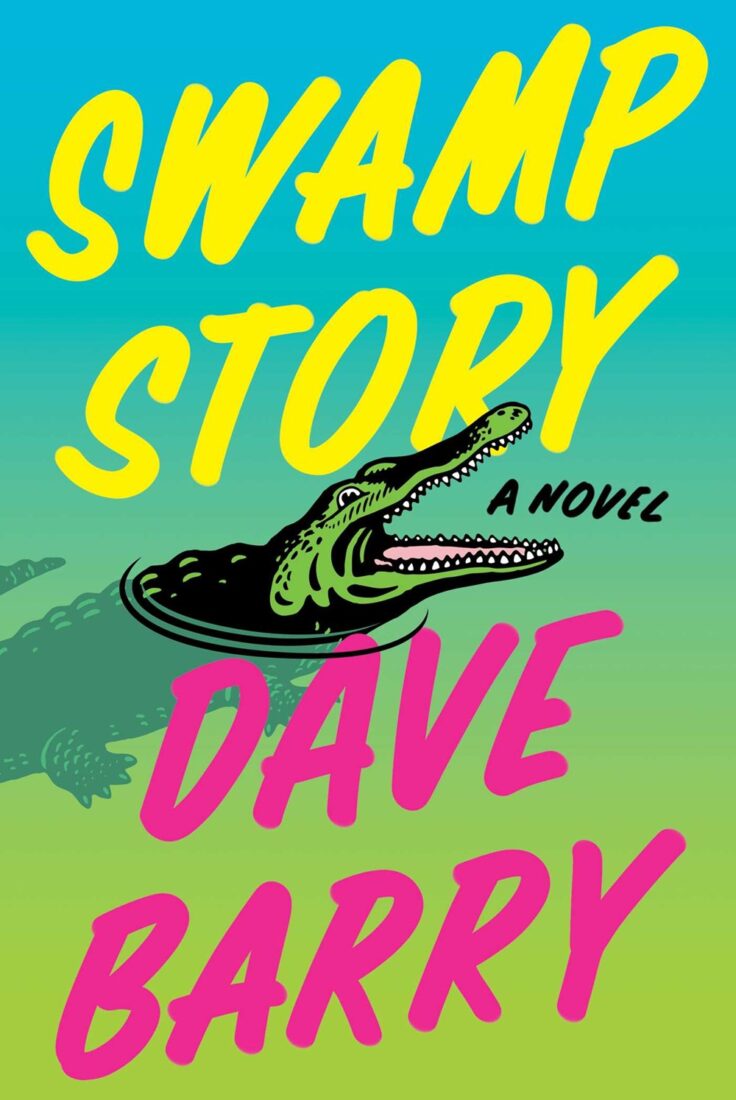
Swamp Story, by Dave Barry
Sometimes, when all seems lost, I remember that Dave Barry still exists, probably clacking away at a Gateway 2000 computer down there in Miami, writing his dad-humor jokes and flying that Florida Man freak flag high. The Pulitzer Prize–winning columnist has, for an entire lauded career, found plenty of true Florida tales to comment on, but in May he gator-snaps back with his first novel in ten years. It’s delightfully unhinged and takes place in the Everglades. I agree with Steve Martin’s book jacket blurb: “I haven’t read it yet, but I love it!” —CJ Lotz, senior editor
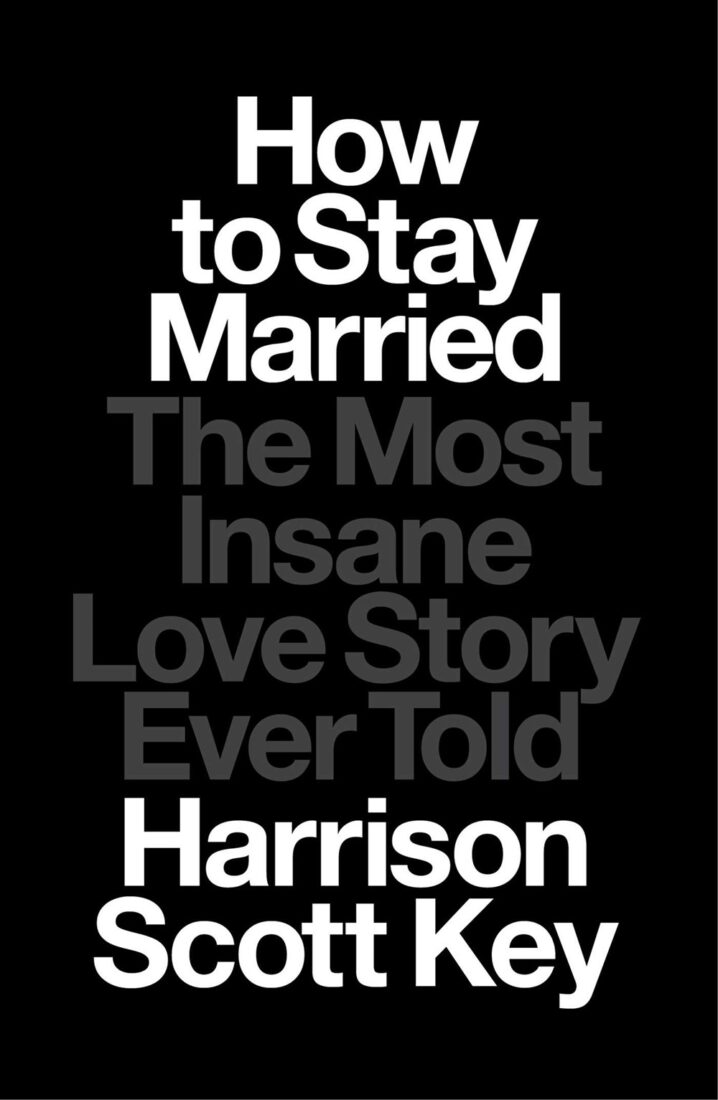
How to Stay Married, by Harrison Scott Key
Harrison Scott Key’s first book, The World’s Largest Man, is one of the funniest memoirs I’ve ever read, a perennial favorite in the class on Mississippi writers I teach at Ole Miss. His second book (which is about writing the first book) is somehow even funnier than the first. I can’t wait to read his third, which I heard him talk about one memorable night in Gorham’s Bluff, Alabama. To this book he brings all his humor-writing skills, but this time the topic is the least funny thing imaginable: infidelity, and the near breakup of his marriage after he discovered his wife was having an affair with a neighbor. Harrison is a writer of tremendous humor and heart: What he does with this material will be a memoir worth reading and rereading. —Beth Ann Fennelly, author and contributor
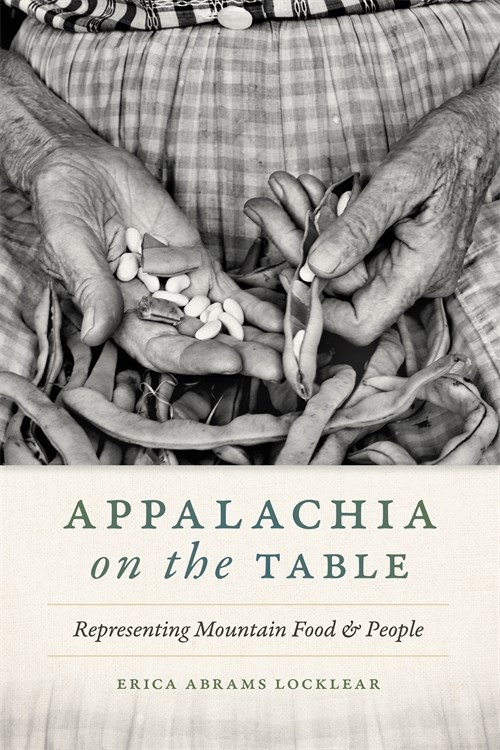
Appalachia on the Table, by Erica Abrams Locklear
I’m really excited about Appalachia on the Table: Representing Mountain Food and People by Erica Abrams Locklear, who has become one of the preeminent voices in Appalachian literature, history, and culture. —Wiley Cash, author and contributor
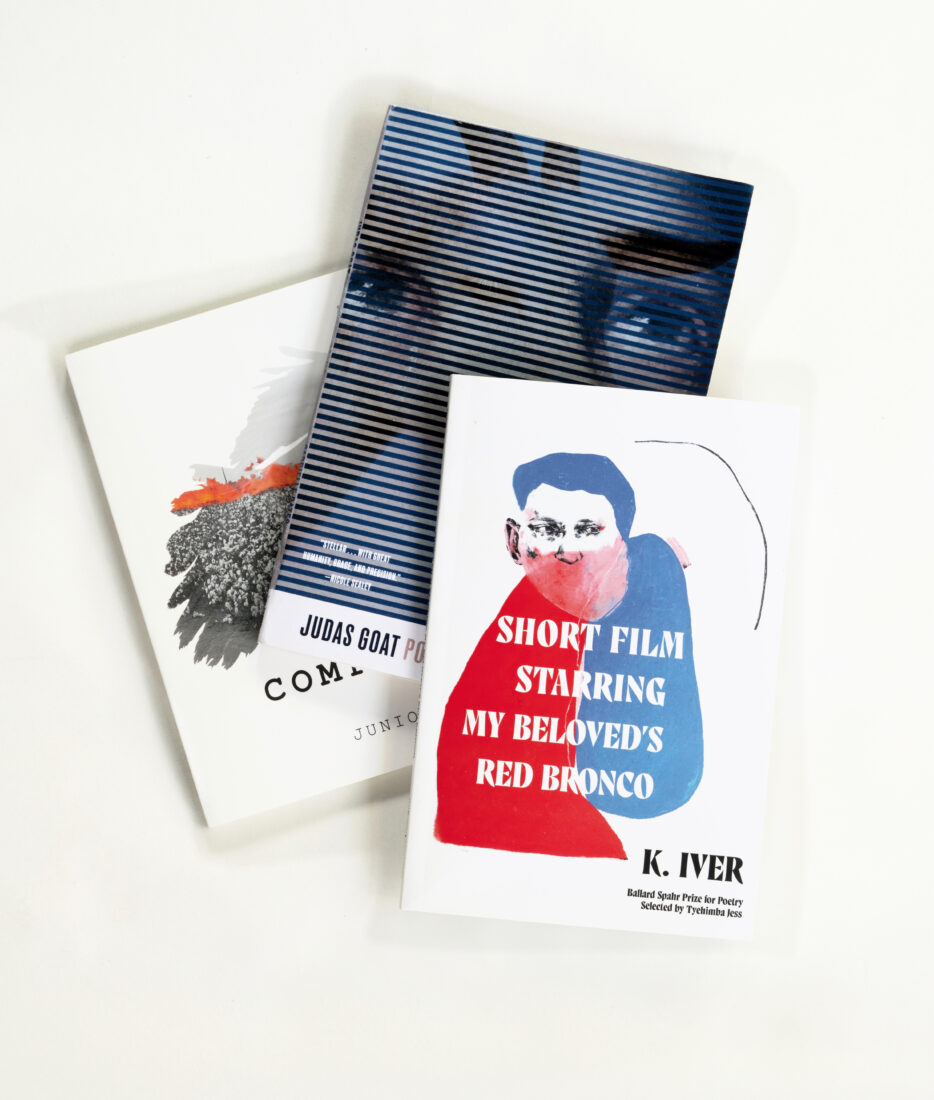
Three poetry collections
In the forty poems in Judas Goat, Gabrielle Bates’s ravishing debut, sacred and unsacred longings find their embodiments in cemeteries, barnyard animals, squirrel and snake carcasses, mudbanks, and ghosts from scripture. … Composition, another stunning debut, comes from Junious “Jay” Ward, a poetry slam champ and the inaugural poet laureate of Charlotte, North Carolina. …“I’m trying to / unwrite this place.” That’s K. Iver, the author of Short Film Starring My Beloved’s Red Bronco, and the place—psychic bruise as much as a location—is Iver’s native Mississippi. Iver’s poems will turn you inside out. —Jonathan Miles, contributing editor, in his review of all three books in Garden & Gun’s February/March 2023 issue
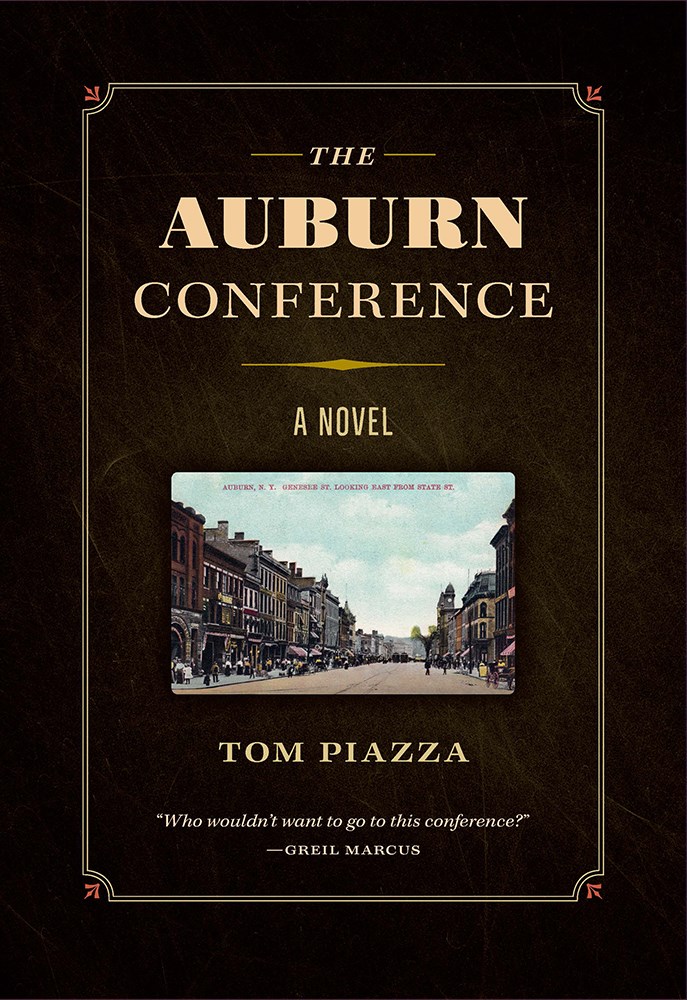
The Auburn Conference, by Tom Piazza
It’s a crazy time in 1883, with the Civil War (never) over and Reconstruction failed and the Gilded Age upon us. Here’s what is called for: some new form of American expression. So you talk Mark Twain, Frederick Douglass, Herman Melville, Walt Whitman, Harriet Beecher Stowe, Forrest Taylor, and Lucy Comstock into coming together in the first-ever Writer’s Conference! Not that easy, of course, but leave it to a New Orleanian jazz authority, Tom Piazza, in his latest imaginative leap, The Auburn Conference. Piazza does the voices of all those literati (two of whom, the former Confederate general and the best-selling ladies’ novelist, Piazza made up), plus that of an unknown talent named Emily Dickinson in the audience. —Roy Blount Jr., contributing editor
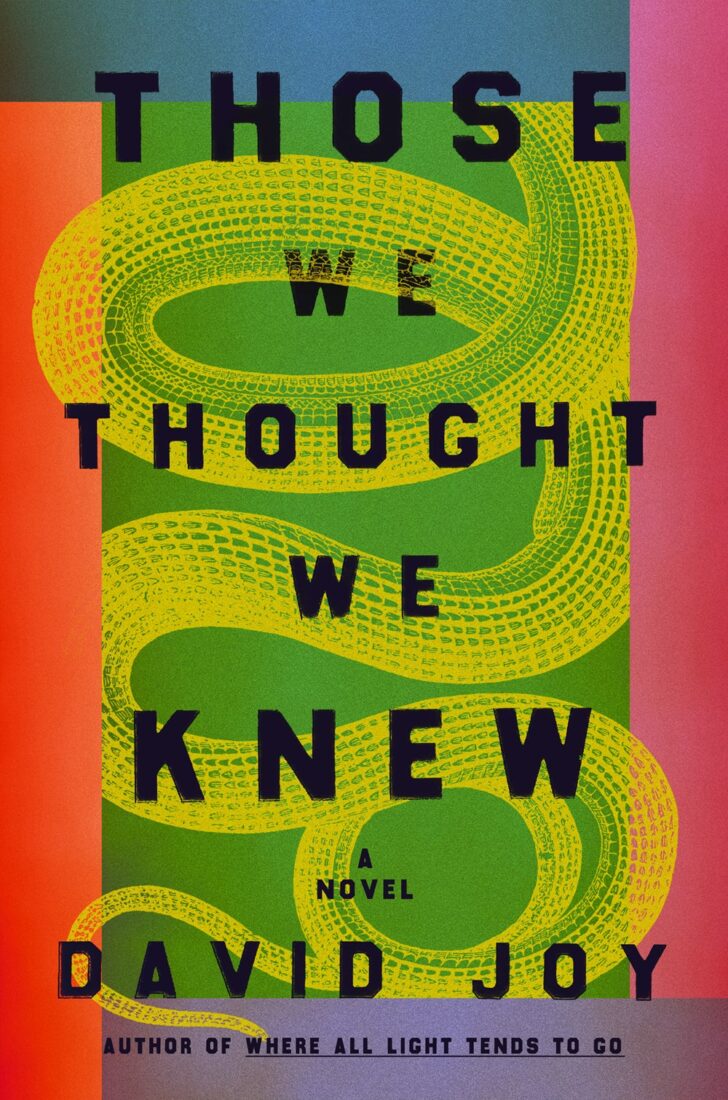
Those We Thought We Knew, by David Joy
I’m looking forward to David Joy’s new novel this year, Those We Thought We Knew. He’s one of my favorite writers—gripping, gritty, suspenseful, and fearless—and this book looks to tackle some big-time subjects as they play out in a small North Carolina mountain town, including racism, community, and the weight of history. I can’t wait to see how he weaves it all together. —Dave Mezz, deputy editor
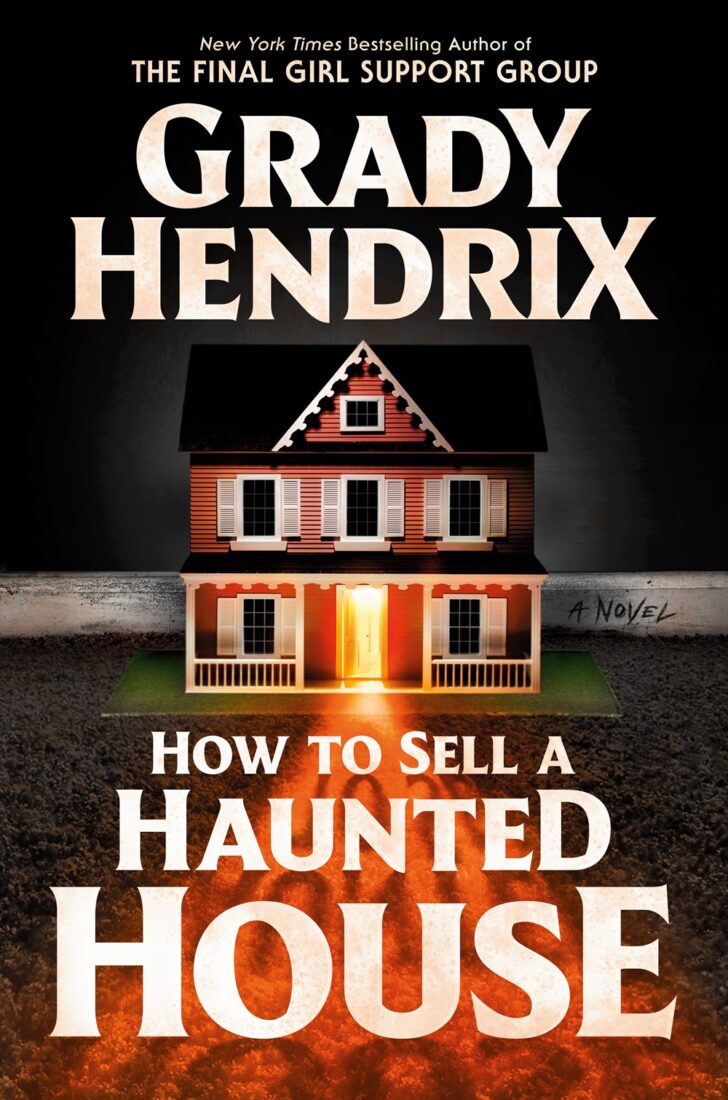
How to Sell a Haunted House, by Grady Hendrix
I’m not much for horror, but I am big on humor, which Hendrix, a Charleston, South Carolina, native now based in New York, is known for. This book takes place in nearby Mount Pleasant, South Carolina, and deals with two estranged adult siblings who must sell their parents’ house. There’s just this one little hiccup: Some of their parents’ belongings don’t want to leave. —Kinsey Gidick, contributor
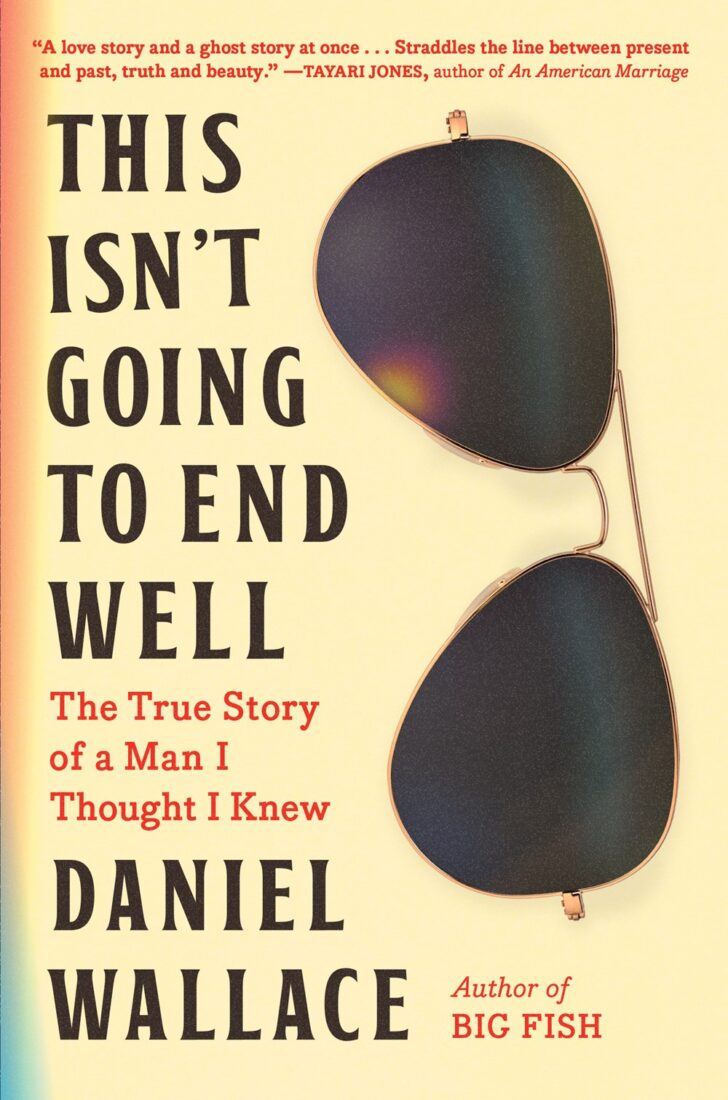
This Isn’t Going to End Well, by Daniel Wallace
I won’t spill all the details from Jonathan Miles’s full review of this book in the forthcoming issue of G&G, but I want to shout out this memoir-of-sorts from Daniel Wallace, the author of Big Fish and a G&G contributor. It’s his first book-length work of nonfiction and traces his relationship with the brother-in-law he revered and only thought he knew. Heartbreaking and real. —CJ Lotz
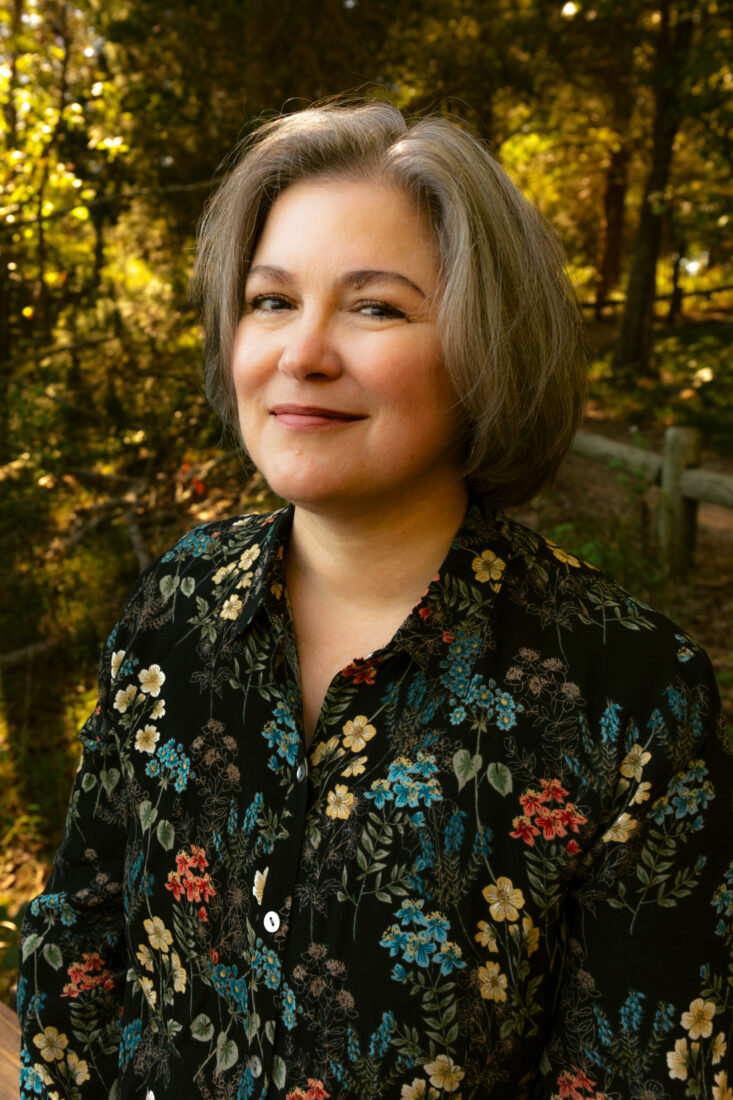
The Comfort of Crows, by Margaret Renkl
Few people can write about nature—or anything, in fact—as beautifully as Margaret Renkl. I cannot wait for her new book, The Comfort of Crows, described by her publisher as “a literary devotional.” —Silas House
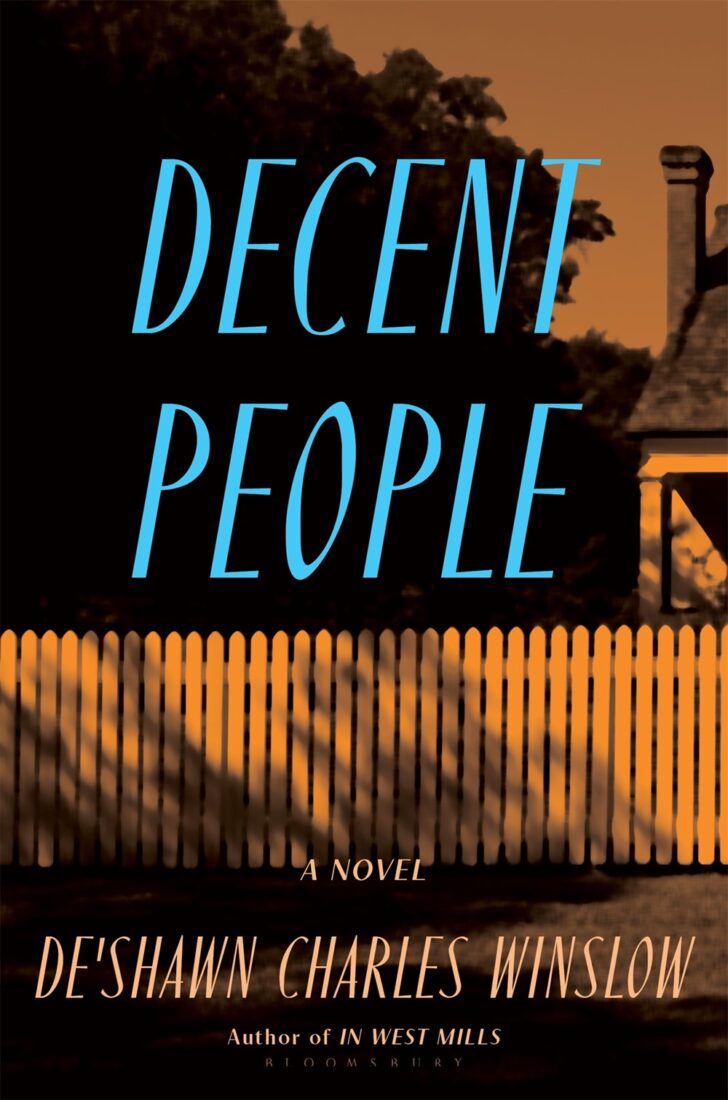
Decent People, by De’Shawn Charles Winslow
I recently read and loved De’Shawn Charles Winslow’s new novel, Decent People, a murder mystery set in small-town North Carolina that features issues that are surprisingly relevant despite the novel being set in 1976. —Wiley Cash

Josef Albers, Homage to the Square, 1950-1976; Simone Leigh
I’m excited about a couple of art books coming out this year: Josef Albers, Homage to the Square, 1950-1976. It could be argued that this work was fomented during his time at Black Mountain College in North Carolina. I’m also really excited about the new Simone Leigh book out in September. —Natalie Chanin, founder of Alabama Chanin
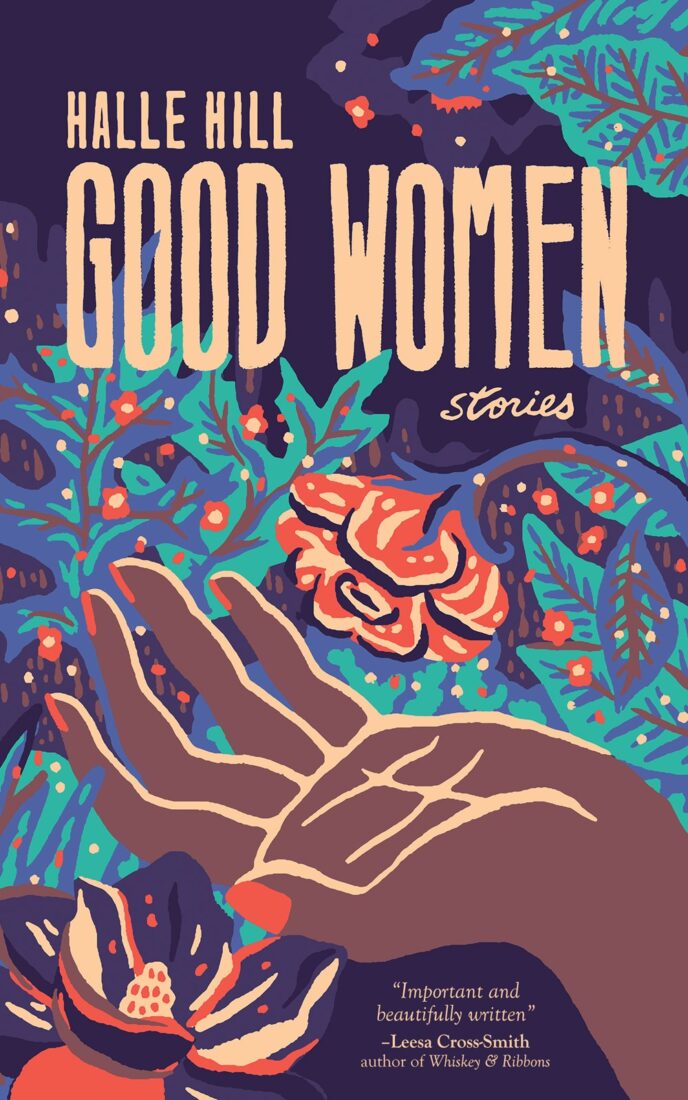
Good Women, by Halle Hill
I’ve read a story or two of Halle’s and her writing is propulsive, bold, and Southern in the richest and most thought-provoking ways. I truly can’t wait for this one—it’s out in September. —Ashleigh Bell Pedersen, author and contributor
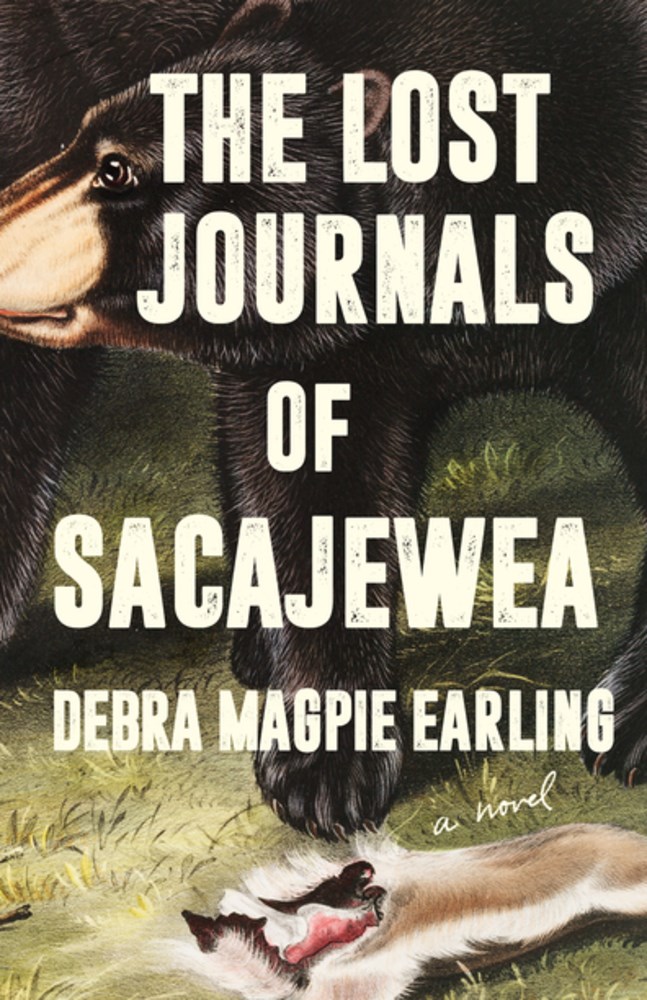
The Lost Journals of Sacajewea, by Debra Magpie Earling
I love anything from Milkweed Editions, and some of my favorite books (Braiding Sweetgrass and Late Migrations) have come from their press. I’m really excited for The Lost Journals of Sacajewea, a novel from author Debra Magpie Earling, who’s a member of the Bitterroot Salish. We all know the story of Sacajewea from the perspective of Lewis and Clark, but Earling reframes the narrative around Sacajewea’s voice. —Gabriela Gomez-Misserian, digital producer
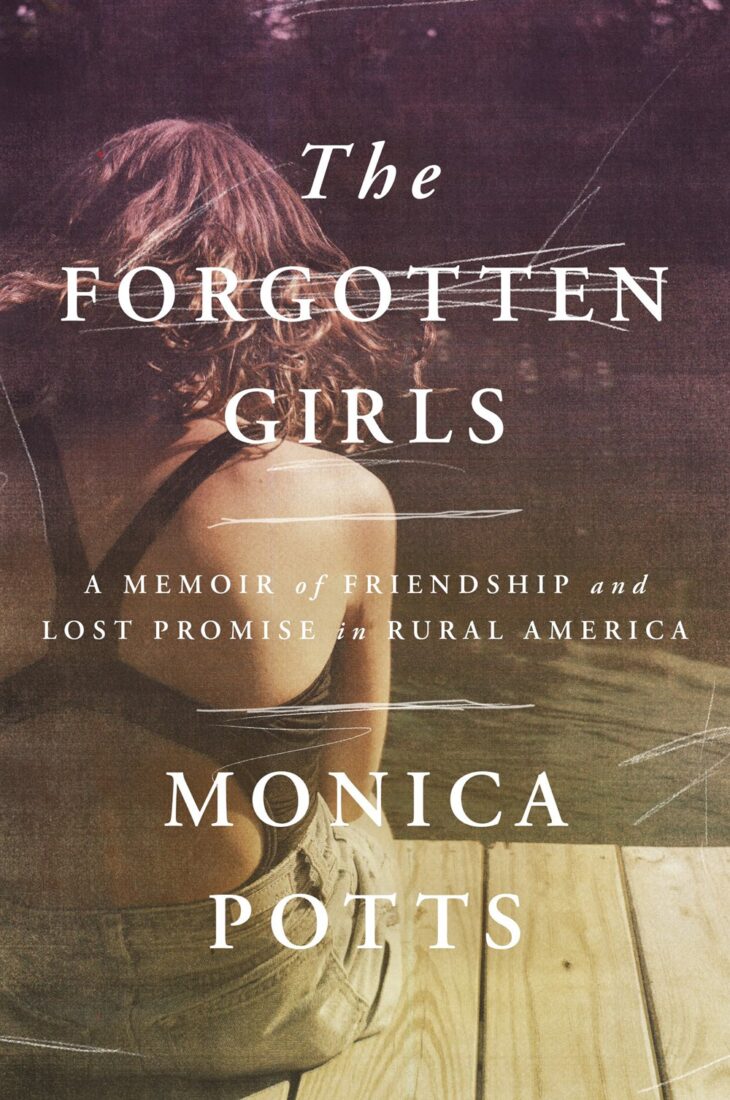
The Forgotten Girls, by Monica Potts
In the shadow of the Ozarks, two childhood best friends played make-believe, fought, made up, and plotted escapes from their tiny Arkansas town. A visceral tell-all, The Forgotten Girls by reporter Monica Potts shares that painful but hopeful story, plus what followed for her and her pal Darci, weaving in startling new statistics about life expectancy in rural America. —CJ Lotz
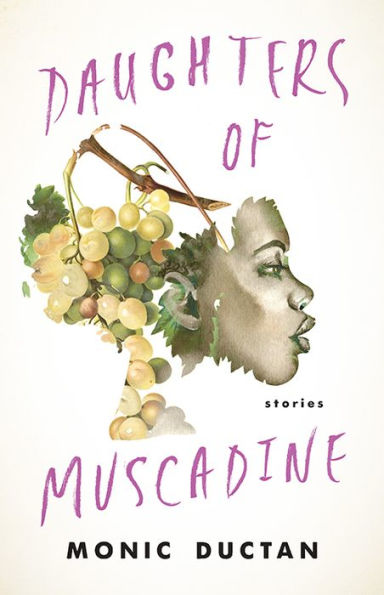
Daughters of Muscadine, by Monic Ductan
Monic Ductan’s lovely debut collection of linked stories offers a look into the complicated lives of girls and women in the small mountain town of Muscadine, Georgia, over the last hundred years in precise, rhythmic prose, with a vivid sense of place and pitch-perfect characterizations. (Full disclosure: I served as the editor for this book.) —Silas House
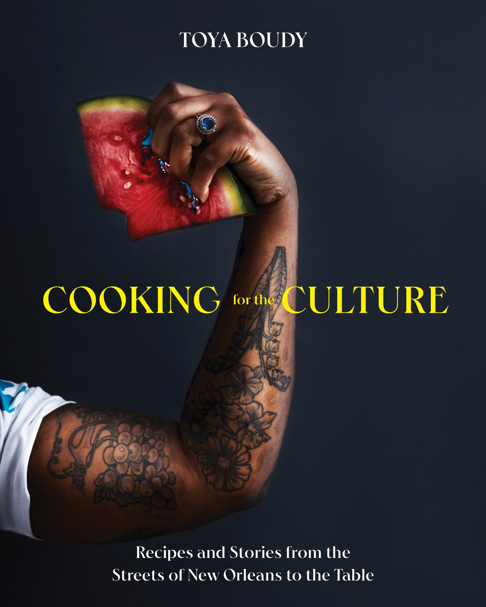
Cooking for the Culture, by Toya Boudy
Part cookbook, part memoir, Toya Boudy’s deeply personal new book (subtitled Recipes and Stories from the Streets of New Orleans to the Table) about her culinary journey as a chef is an intimate celebration of New Orleans food and its Black culture from a born-and-raised native. Known for her creative spin on classics, Boudy brings the authenticity of her experience to dishes such as praline bacon, beignets with raspberry sauce, jambalaya, and other Louisiana favorites. —Emily Daily, newsletter editor
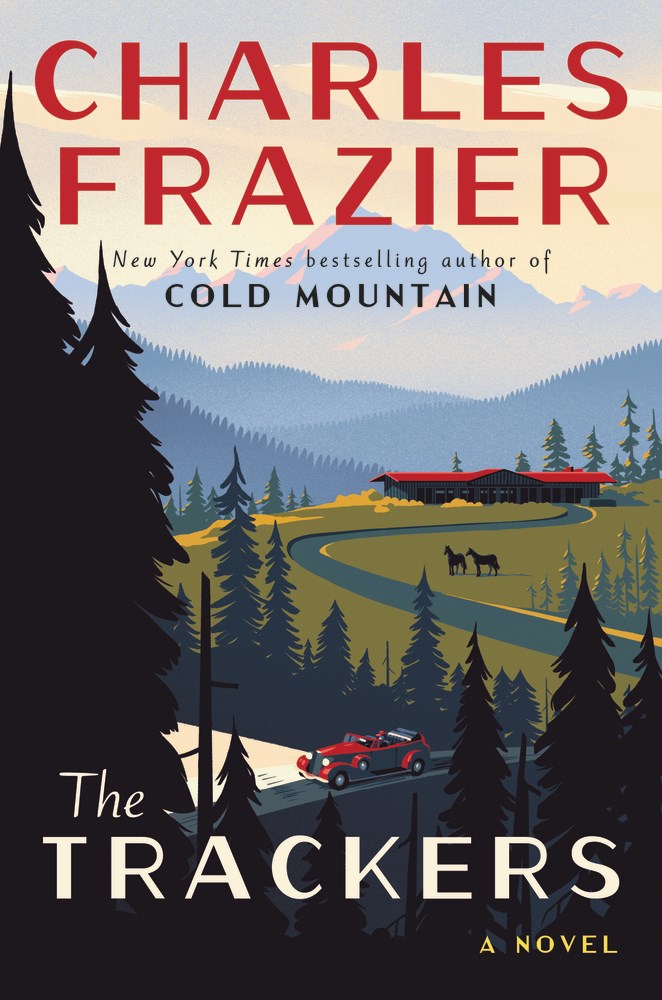
The Trackers, by Charles Frazier
A treasure of Western North Carolina, Charles Frazier is best known for his epic Southern-set novels Cold Mountain and Varina. Now he turns his attention west to rural Wyoming during the Depression. It’s so good to have his words back in our ready hands and minds. —CJ Lotz
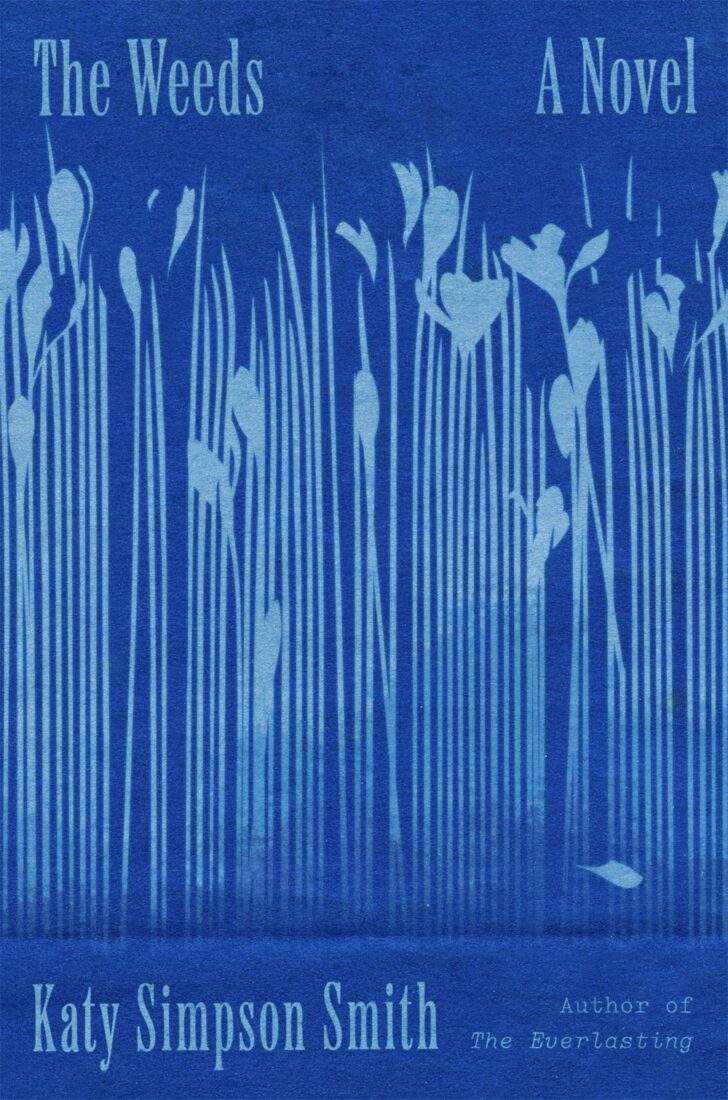
The Weeds, by Katy Simpson Smith
Garden lovers will delight in this roving, fascinating novel that follows a Mississippi woman who discovers the unexpectedly rich plant world of the Roman Colosseum. Wanderlust: induced! —CJ Lotz
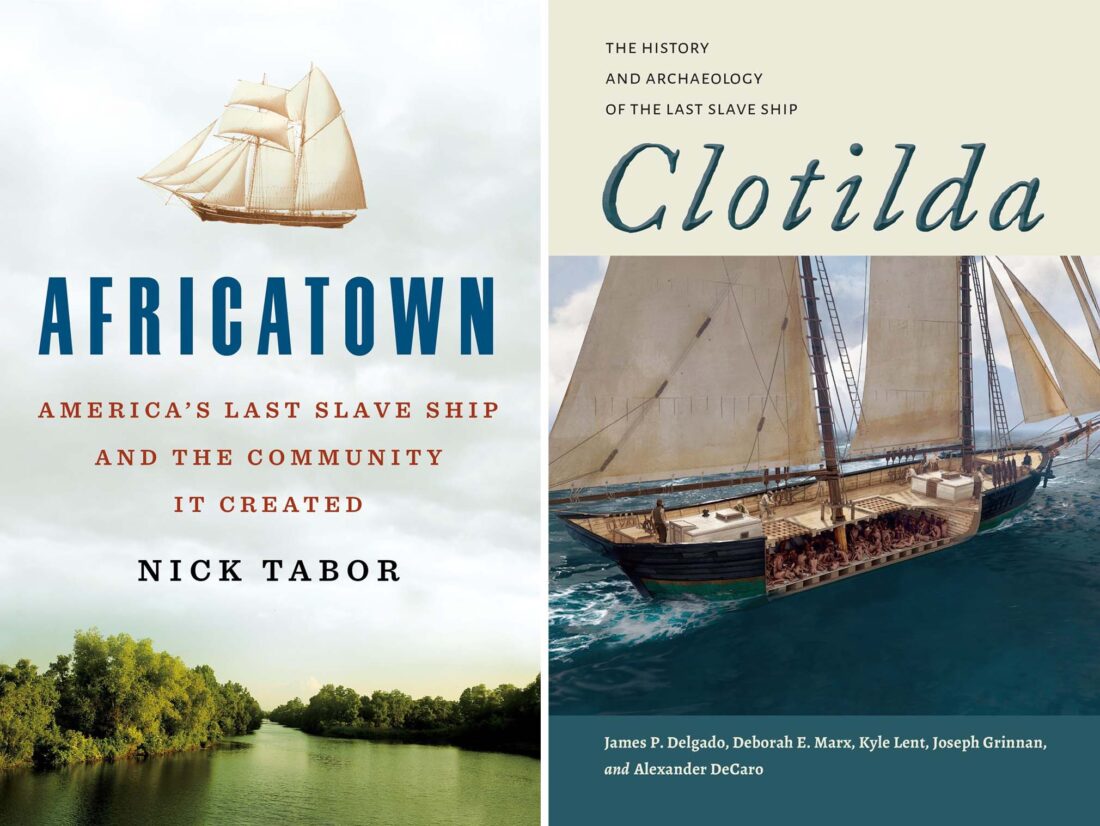
Two Clotilda books
Three years ago, journalist Ben Raines uncovered the shipwreck of the Clotida, the last slave ship to arrive in America, on the muddy banks of the Mobile River. Since then, there’s been a flurry of interest in the ship’s history and in the community of Africatown that sprung from those aboard. In addition to the Netflix series Descendant, which came out last fall, there are two new books not to miss: Africatown: America’s Last Slave Ship and the Community It Created by Nick Tabor, out on February 21, and Clotilda: The History and Archaeology of the Last Slave Ship, written by a team of maritime archeologists and out on March 7. —Lindsey Liles, editorial assistant
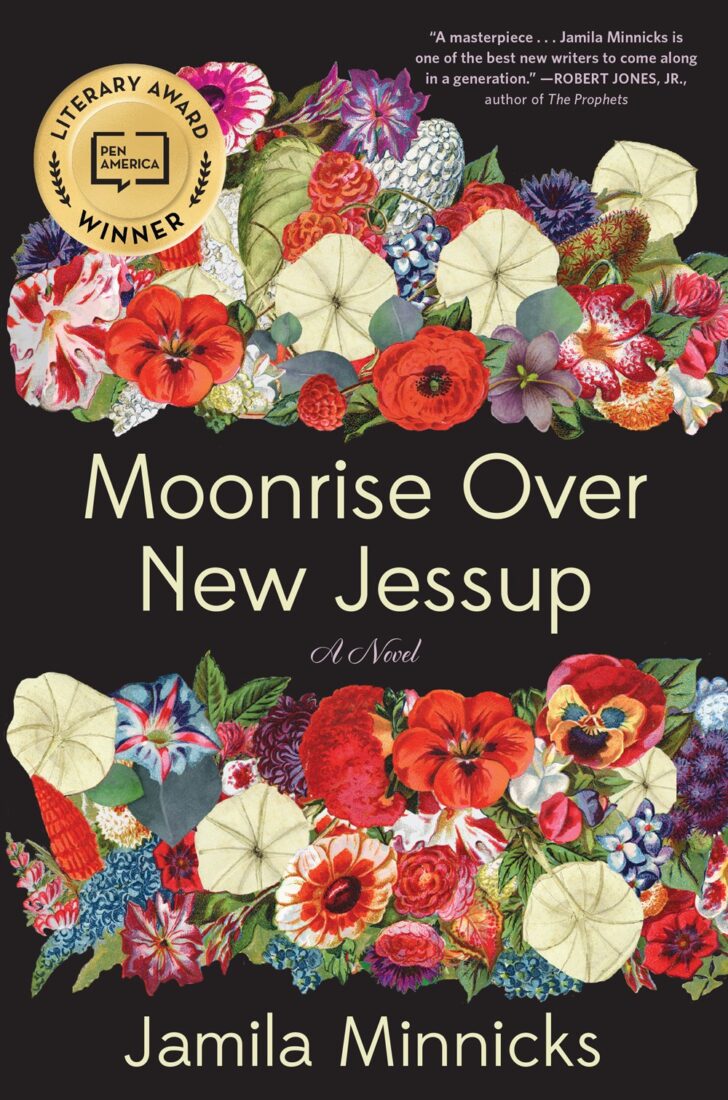
Moonrise Over New Jessup, by Jamila Minnicks
This novel started getting a ton of buzz when it won the 2021 PEN/Bellwether Prize for Socially Engaged Fiction. Now that it’s newly out, readers are discovering the expressive, inspired writing of Jamila Minnick, who sets a cast of characters against a small town in 1957 Alabama in her stirring debut. —CJ Lotz


